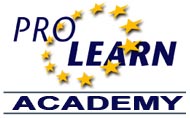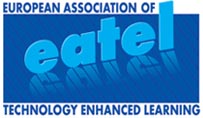Pro "LRN"
.LRN (dotlrn.org) is an open source platform for supporting technology enhanced learning, collaborative communities and knowledge management. In this lecture, we will give a practical overview of .LRN and the OpenACS (openacs.org) web application toolkit (on which .LRN is built) and will cover how it might apply towards your research. We will present a few clear examples of how the platform is being used at different institutions around the world, such as in a medical setting (Harvard’s Teaching Hospital) or in developing countries in Latin America (the E-Lane project). We will also be covering some exciting developments and how we are using them now at our institutions and how others are using them. Some examples:
- .LRN Zen project (which includes a push towards a highly accessible learning systems)
- Wiki for content development and simple application development in the context of .LRN
- Wiki integration with an assessment application that supports IMS QTI and can be exported and imported using IMS Content Packaging so that complete learning modules can be created
- Easy to use "Podcast" and "Vodcast" support in the Wiki: Automatic metadata generation and RSS generation with iTunes markup
- Integrated Flash video support for inline video display
- First full implementation of IMS LD in a LMS
- Tag clouds
What the students are going to get out of the workshop:
- They will leave knowing about virtual machines as a tool to test various E-Learning tools (not just .LRN)
- They will leave knowing if/how they could use .LRN for their research or their research support
- They will learn how to quickly prototype a web application (example will include creating a special document type) that will have “Web 2.0” features (e.g. tags, social graphing, presence indicators, tag clouds, RSS Feed, podcasts, etc.)





